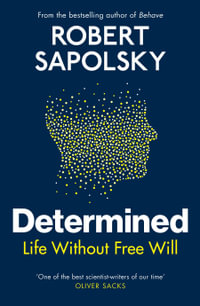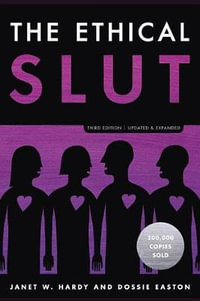Being a consumer is now integral to the human experience, something none of us can avoid. At the same time, many of the products that we buy come to us with histories steeped in highly unethical practices, such as worker exploitation, animal suffering, and environmental damage. Consuming Choices considers the ethical dimensions of consumer life by exploring several basic questions: Exactly what sorts of unethical practices are implicated in today's consumer products? Does moral culpability for these practices fall solely on the companies that perform them, or does it also fall upon consumers who purchase the products made with such practices? And most importantly, do consumers ever have moral obligations to avoid particular products? To answer, David T. Schwartz provides the most detailed philosophical exploration to date on consumer ethics. He utilizes historical and fictional examples to illustrate the types of wrongdoing currently implicated by consumer products in this age of globalization, offers a clear description of the relevant moral theories and important ethical concepts, and provides concrete suggestions on how to be a more ethical consumer.
Industry Reviews
"Professor Schwartz's book offers an instructive view on the ethics of consumption that reaches globally while paying attention to the local. He considers different kinds and cases of individual and collective ethical wrong doing, and he provides causal, consequentialist, and complicit culpability accounts thereof. His multifaceted approach to the subject matter --- using a hypothetical scenario here to illuminate a moral problem, or a historical example there to illustrate an ethical concept, etc. --- allows the reader or student alternative avenues to get at the crux of an issue. The previous edition of Schwartz's book challenged my students to think critically about the complex ethical nature of consumption while thoughtfully considering possible solutions to a variety of problems. For a course in contemporary moral issues, global ethics, or perhaps a bioethics or similarly motivated course, I would certainly recommend the second edition to the instructor who would intend a similar pedagogical effect." -- James A. Smith, Western Nevada College
























